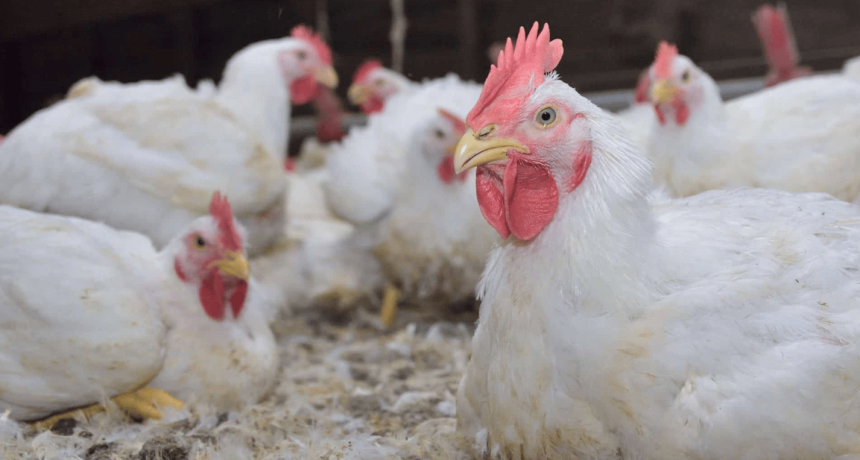Officials have confirmed that a chicken flock from a commercial breeder in Greene County has tested positive for H5N1 avian influenza — or bird flu.
The Mississippi Board of Animal Health was notified by the U.S. Department of Agriculture’s National Veterinary Services Laboratory that the poultry had tested positive for the highly pathogenic disease. Samples from the flock were tested at the Mississippi Veterinary Research and Diagnostic Laboratory and confirmed at the APHIS National Veterinary Services Laboratories in Ames, Iowa.
According to officials, avian influenza does not present a food safety risk as poultry and eggs are safe to eat when handled and cooked properly. The U.S. Centers for Disease Control and Prevention reports that the public health risk associated with avian influenza in birds remains low.
Avian influenza in birds can cause the following ailments in animals:
- Sudden death
- Lack of energy or appetite
- Decreased egg production
- Soft-shelled or misshapen eggs
- Swelling or purple discoloration of the head, eyelids, comb, and hocks
- Nasal discharge
- Coughing and sneezing
- Incoordination
- Diarrhea
As a reminder, properly handling and cooking all poultry and eggs to an internal temperature of 165 degrees Fahrenheit is recommended as a general food safety precaution.
The State Veterinarian has quarantined the affected premises in southeast Mississippi, and birds on the property have been depopulated, or killed en masse, to prevent the spread of the disease. Birds from the flock have not entered the food system.
Animal health officials are actively working with the poultry industry to increase monitoring of flocks statewide. This finding is the first case of highly pathogenic avian influenza in commercial poultry in Mississippi since the spring of 2023.
Since November, bird flu has been detected in migratory waterfowl in multiple areas of Mississippi. The poultry industry was notified and put on high alert to increase biosecurity and surveillance.
Nationally, avian influenza has sent farmers, veterinary scientists, and elected leaders into a frenzy — particularly in California where a state of emergency was declared due to a mass outbreak of the disease in cattle.
In Mississippi, poultry owners are encouraged to practice good biosecurity and report illnesses or death in birds here. Information will be routed to a state or federal veterinarian in Mississippi for assessment.
Dead birds should be double‐bagged and refrigerated for possible testing. Precautions should be taken when handling sick or dead birds including proper handwashing, using gloves, wearing masks, and sanitation of surfaces that come into contact with sick or dead birds to prevent the spread of avian influenza to people.









